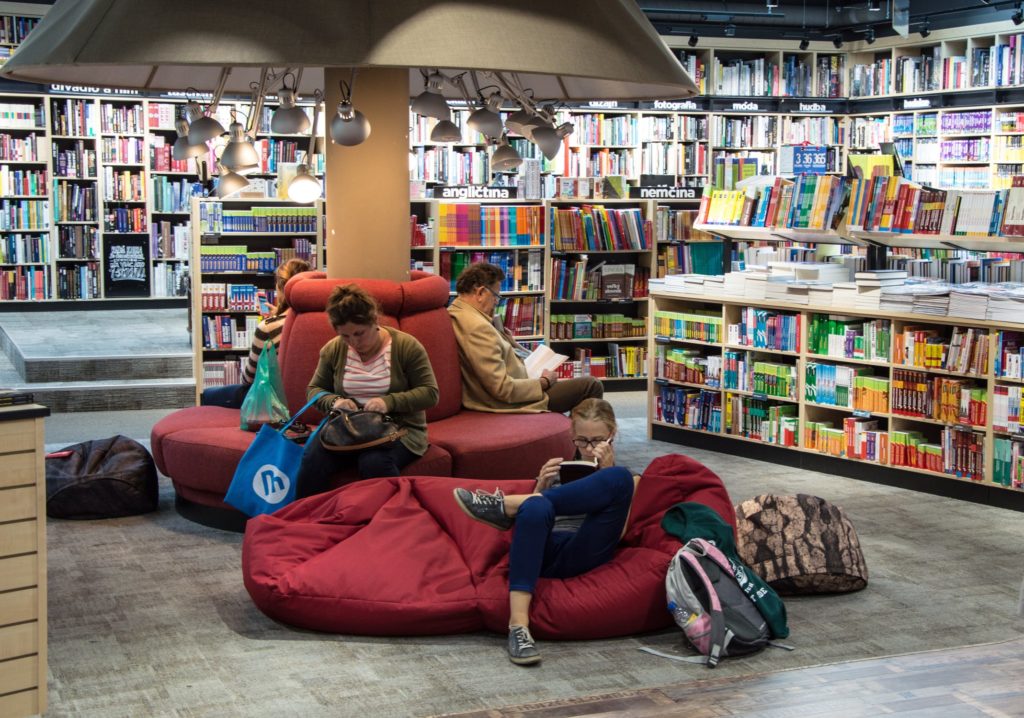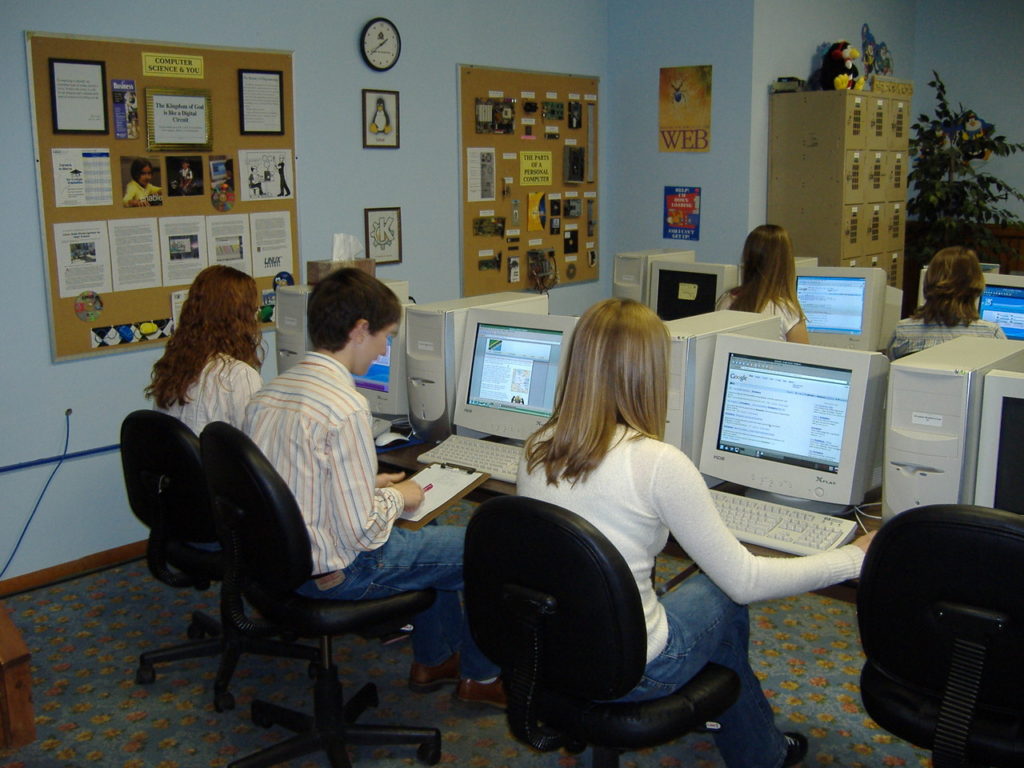
Maintaining a level of learning from the end of one academic year to the beginning of another is a problem for students of all ages. For low-income children, the disparity is often more pronounced. Lack of home resources, as well as the unavailability of caregivers to shuttle them back and forth from summer learning opportunities, put underprivileged kids at a distinct disadvantage when compared to children with parents who have the time and money to support academic growth outside of the traditional school year. According to The National Summer Learning Association (NSLA), most students of all means lose “two months [learning] of mathematical skills every summer, and low-income children typically lose another two to three months [worth] in reading.” And if you think students can “catch up,” you’re wrong. Research conducted by RAND Education and sponsored by The Wallace Foundation shows that summer learning loss is cumulative, making it even more important to find ways to prevent the “summer slide.” While participation in a reputable summer learning program would be ideal, a lot of kids just don’t have the right circumstances to make that work. Here are a few alternatives to help bridge the summer learning gap:
Read
It doesn’t matter what kids read, just that they read something. Let them pick the types of materials, as well as the subjects, that interest them most; it could be comics, magazines, short picture books, novels or even the back of a cereal box. If they don’t like something, let them put it down and pick up something else. The more kids read, the more they know.
Play Games
Games are great ways to entertain and teach children at the same time. Options like Scrabble, Memory and Story Cubes can expand language capabilities and sharpen mental dexterity, while other games, like Monopoly, dominoes, chess and Clue, can strengthen mathematical and critical-thinking skills. Card games, puzzles (such as word, logic and jigsaw) and some electronic games are also creative ways to transform learning in to play.
Cook
Have kids help measure out ingredients for a favorite dish. Ask them to prepare half a recipe or double one for leftovers. Talk about food and how it represents and preserves unique cultural identities for people around the world. Cooking can boost mathematical learning, encourage creativity and hone social intelligence.
Watch TV
Don’t discount the value of television; when watched appropriately (regarding time spent, as well as content), it can be a wonderful teaching tool, extending beyond the obvious worth of PBS and other similar offerings as bastions of elementary review. Use the newscast about an EB-5 attorney to prompt debate. Critique evidence presented during a documentary about Watergate. Ask kids to listen for certain keywords and/or identify unknown words during a game show or sitcom. The TV can provide intellectual stimulation, broaden viewpoints and reinforce ideas and knowledge.
Just because kids have a break from school doesn’t mean they should have a break from learning. Children don’t have to fall behind during the summer months. Use these tips and create some of your own to keep your children engaged, focused and happy to be learning all the way in to a new school year!


